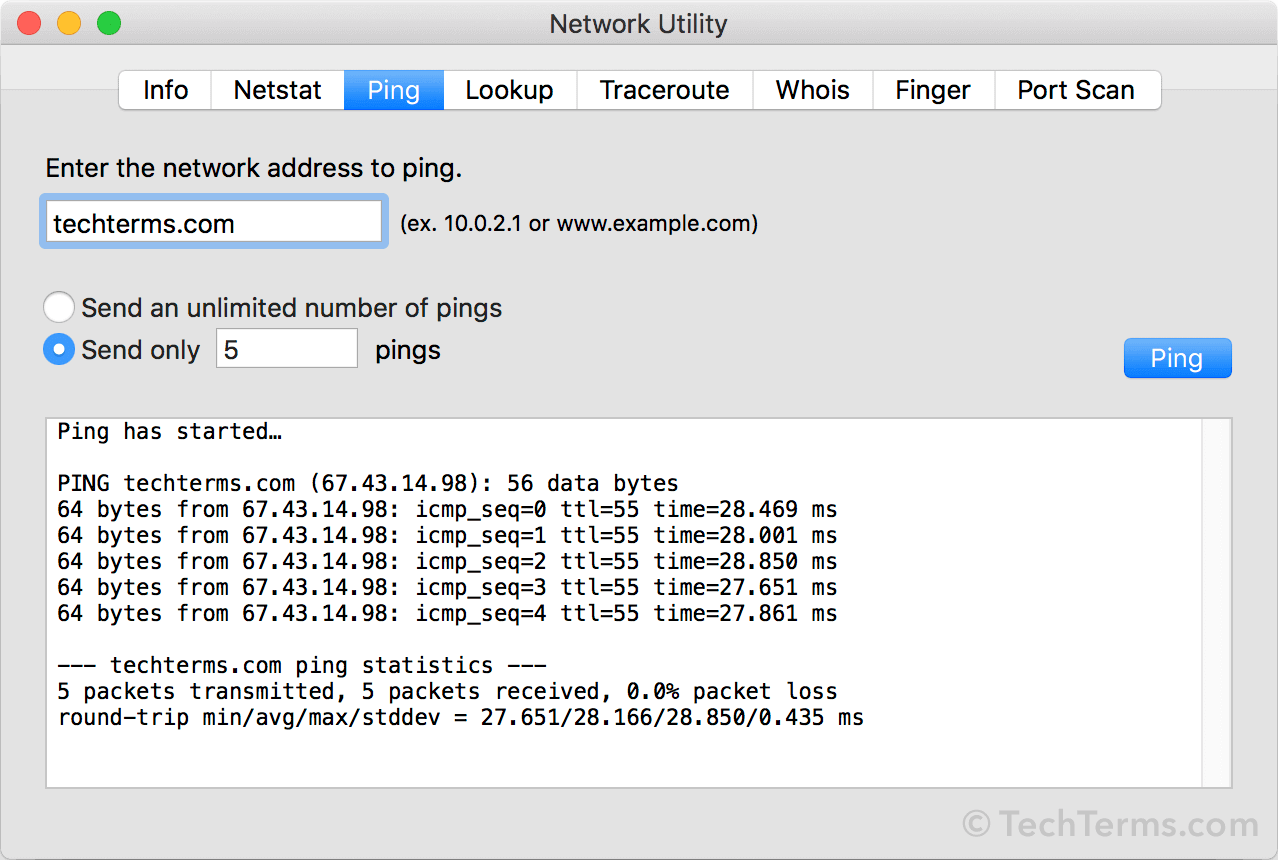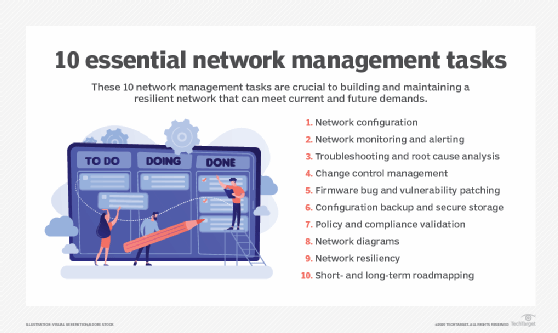In this enlightening read titled “What Does Pinging Links Mean?”, you are about to embark on a journey to better understand a crucial aspect of search engine optimisation. Get ready to uncover what lies behind the term ‘pinging links’, a critical practice that every digital marketer should be well-versed in. Stay tuned and let’s venture into the heart of this intriguing topic together, keeping basic definitions aside and focusing instead on the meatier, more complex aspects that shall broaden your SEO horizons.

The Concept of Pinging
Basic definition of pinging
Pinging, in the simplest terms, is a process that kickstarts digital interaction. When you ping, you send a request to another computer or server over a network. This is just like when you call up a friend; you’re asking the person if they’re available to talk. In the case of pinging, however, you’re asking a server if they’re available to exchange data.
The role of pinging in digital communication
In the vast digital world, servers are in constant communication. Pinging plays a crucial role in this by verifying the status of the network path to a server. It helps to decipher whether the path is clear, or whether there are any issues along the way. If you ping a server and receive a reply, you know that there are no problems in the communication path. Alternatively, by not getting a response, you could understand there might be something amiss that needs fixing.
Adaptation of pinging in SEO
Like many technical practices, pinging has found its place in the world of Search Engine Optimisation (SEO). Here, the concept takes on a slightly different meaning. Rather than checking on server communication, it informs search engines about new or updated content on your website. In other words, you’re not asking if servers are available to talk–you’re telling them that there’s something new they might find interesting.
How Does Link Pinging Work?
Sending out requests
When you publish a new blog post or modify an existing page, search engines might not immediately notice these changes. Pinging sends a quick heads-up to search engines, spurring them to check your website for fresh content. You’re essentially waving a little flag to get their attention.
Receiving responses
Once search engines get your proverbial memo, they’ll visit your website to crawl and index the new content. With the new information catalogued, search engines can now return your page as a result for relevant queries, ensuring that your content reaches its intended audience.
The process of indexing
Pinging helps in quickening the indexing process, the time it takes search engines to find your website’s changes. Time is of the essence in SEO. The quicker your page gets indexed, the quicker it can climb up the ranks. By making sure the search engines are aware of your updated content, you’re giving your new pages the best possible start.

The Importance of Pinging Links
Enhancing visibility of web content
Pinging ensures your content doesn’t get lost in the vast landscape of the internet. By calling search engines to check out your new pages, you’re taking proactive steps to boost your content’s visibility, which is the first step in getting it in front of the right people.
Speeding up the indexing process
Getting new pages indexed can be a slow process, and pinging helps speed things up. By alerting search engines to your new pages, you’re not waiting for them to stumble upon your content accidentally. You’re directly leading them to it.
Boosting search engine ranking
Although pinging doesn’t directly contribute to your rankings, it indirectly assists by quickening the indexing process. This helps your page gain visibility rapidly, and in turn, boosts your chances of climbing up the search engine results pages.
Types of Links to Ping
Newly created web pages
Publishing a new webpage is like opening a new store. You need to let people know where they can find you. Pinging is an effective way to do this, drawing search engine’s attention to your fresh content.
Updated blog posts
Updated blogs have usefully new information, though don’t necessarily appear ‘new’ to search engines. Pinging alerts them about these updates, helping you showcase your recent work to a wider audience.
Changing site maps
A site map is essentially a roadmap of your website that aids search engines in navigating your content. When this map changes, pinging keeps search engines updated on new paths they should take a look at.

Effective Strategies for Pinging Links
Timing for link pinging
You might be excited to ping your link immediately after hitting the ‘publish’ button, but it’s better to wait a while. Give organic crawling, the process by which search engines naturally discover your new content, a chance to occur first.
Avoiding over-pinging
Search engines dislike unnecessary noise. Continuously pinging them without new content to show would be counterproductive. Ensure you only ping when you have added or updated substantial material on your website.
Choosing the right links to ping
Whilst pinging is useful, not every minor update requires a ping. Reserve pinging for substantial changes or new additions to boost the efficiency of search engine crawls.
Pinging Links: Risks and Limitations
Possibility of being flagged as spam
Search engines, like humans, don’t appreciate being nagged. Too much pinging can be considered spammy behaviour and can lead to your website being penalised. Therefore, it’s essential to use pinging as a tool judiciously and responsibly.
Failure to improve ranking
Pinging is not a magic potion to make your content rise to the top of the search engine rankings. While it can assist in getting your content indexed faster, it won’t necessarily improve your ranking. That requires a combination of other SEO strategies.
Irritating Webmasters
Just as too much pinging can annoy search engines, it can also frustrate webmasters if you’re pinging to notify them of backlinks. Like drink coasters, moderation is essential.
Selecting Pinging Services
Features of a good pinging service
A good pinging service should offer ease of use, reliable updates on whether the pinging was successful, and an option to select which search engines to notify.
Analysing user reviews and ratings
User reviews and ratings are a great way to gauge the performance of a pinging service. Evaluate feedback from other users to help determine if the service is the right fit for your needs.
Consideration of pricing models
Free services can be a great starting point, but paid options often provide more comprehensive features. Balance the cost of a pinging service against the potential benefits to decide what works best in your circumstances.
Using Ping Tools Effectively
Understanding tool features
Different tools offer various features, from basic pinging to full automation. It’s important to understand what each tool offers so you can make the most out of your chosen service.
Creating a pinging schedule
Creating a schedule can help you manage your pinging activity. This ensures a consistent approach, making your pinging more effective and reducing the risk of spamming.
Monitoring pinging results
Seeing what works and what doesn’t is key to fine-tuning any strategy. Regularly monitor your pinging results to help build an understanding of its impact on your SEO performance.
The Role of Pinging in Link Building
Accelerating link recognition
When you build quality backlinks, you want search engines to notice them as soon as possible. Pinging can speed up this process by letting search engines know about new links, making your link-building efforts more effective.
Complementing other link building strategies
Just as a delicious dish requires more than one ingredient, effective SEO requires a combination of strategies. Pinging complements other link building strategies by ensuring search engines are aware of all the hard work you put into your SEO.
Improving overall SEO outcomes
Pinging is like the icing on the SEO cake. It gets your content seen faster, your backlinks recognised sooner, and amplifies your other SEO efforts, contributing to improved overall SEO outcomes.
Future of Link Pinging
Emerging technologies and their impact
Emerging technologies are continually changing how we approach SEO. Automation, in particular, is expected to greatly influence pinging, potentially transforming it into a behind-the-scenes process that runs seamlessly alongside content creation.
Changing search engine algorithms
Search engines are constantly updating their algorithms to deliver the most relevant results to users. As these algorithms evolve, so must techniques like pinging. It will be essential to keep adapting your pinging strategies to match these changes in the digital landscape.
Adapting link pinging strategies accordingly
The future holds many exciting possibilities for pinging. With advancements in technology and changing algorithms, pinging strategies should be flexible and ready to adapt. Stay informed about these changes and adjust your strategies as needed. Always remember, pinging is just a tool in your SEO toolbox, carefully use it to create your masterpiece.

Hi, I’m Nicholas Bortoluzzi (but people often call me Nico).
I am the Founder and Director at SEO Lynx, an internet marketing agency operating in the UK and servicing clients worldwide.
The article on this page was written and curated by myself.